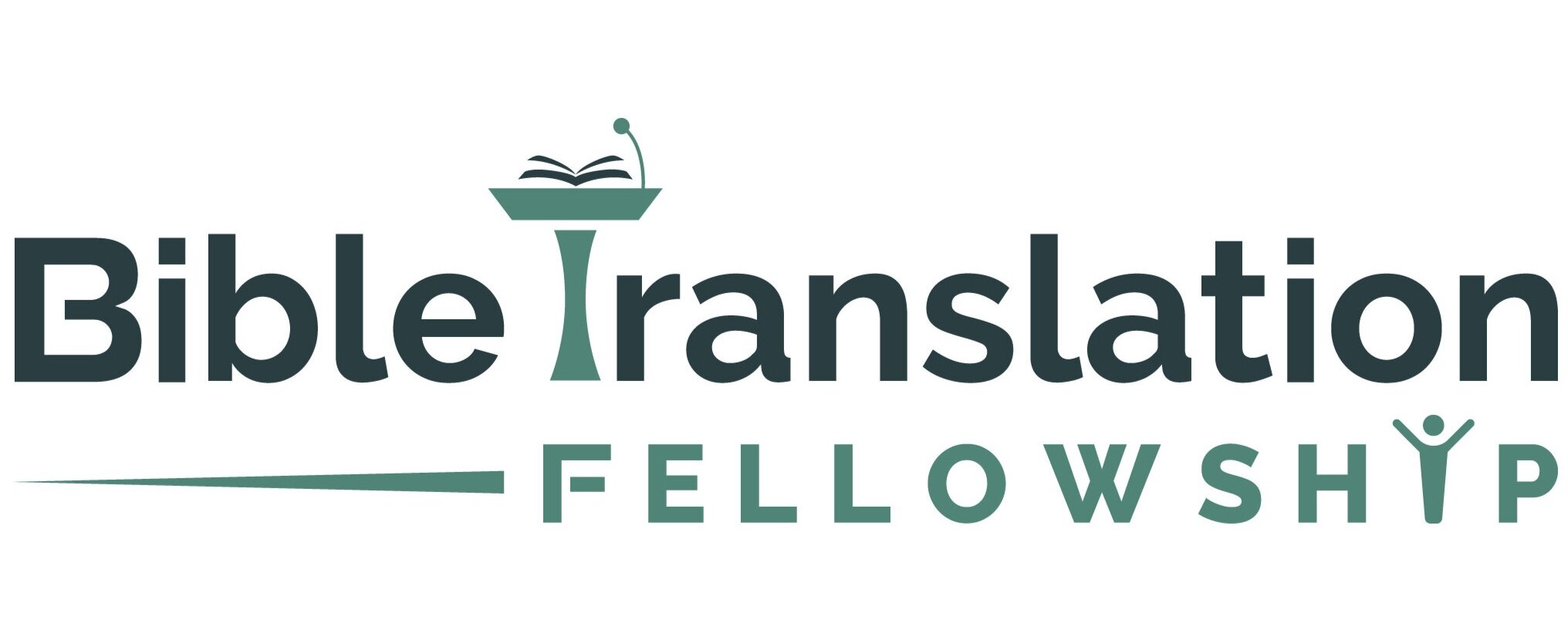Should We Translate the Bible?
Introduction to the Septuagint and the Vernaculars, by M. JinbachianMuslims require adherents to learn to read (or at least recite) Arabic if they want to read the Qur'an. Roman Catholics, leading up to and during the Counter-Reformation to the Protestant Reformations of the 16th and 17th centuries, advocated that the Roman Catholic Church is the authority for biblical interpretation and teaching, which was to be done only in Latin.In Jinbachian's introductory survey from the LXX to the Vernacular translations of history, he argues, "We would be surprised to find out that often the [sic.] Bible translation has helped the particular nation to survive and continue its existence even under the most difficult circumstances" (Noss, 57). He continues, remarking that Christians in Islamic lands who had a Bible in their own language "have survived and kept their language and identity despite suffering massacres and persecutions" (Noss, 57). On the other hand, in places like North Africa in the early centuries C.E., the Christian church used Latin, not translating the Bible into the indigenous languages. When Arabs began to occupy these areas, the locals became Muslim. Jinbachian writes, "[T]he absence of ongoing Bible translation has profound, long-range, and perhaps irreversible effects - not only in terms of religious expression, but in all aspects of peoples' socio-cultural and linguistic worlds as well" (Noss, 57).Without the Bible in the peoples' local language, syncretism and apostasy are on the horizon. God inspired all of Scripture for life and godliness in His people (2Pet 1:3-4). More than anything else, people need to hear from God, who has revealed Himself in the Bible, which is all about Jesus the Messiah and King (Heb 1). Yes, we should translate! So let's partner together in supporting the work and workers of Bible translation.
